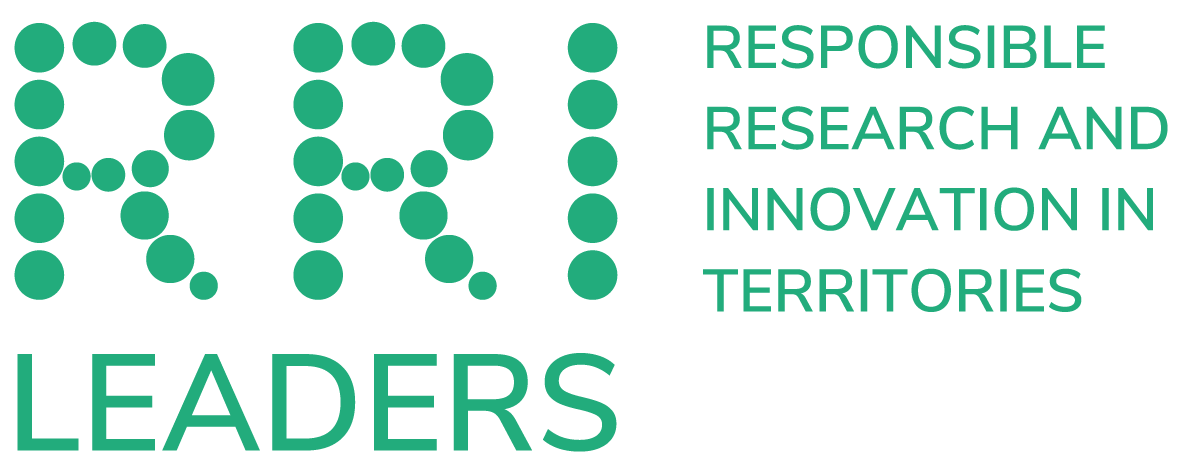Co-creation process
The first stage of the co-creation process will map R&I institutions and stakeholders in each participating territory. This will provide an overview of existing practices and policy developments that have already integrated or will be able to integrate RRI principles and AIRR dimensions. After that, an iterative Delphi survey in each territory will be sent to the most relevant stakeholders to find how RRI principles can be improved and implemented. In the last stage, the transformative outlooks will be conceived, validated through the engagement of citizens and presented and endorsed by the respective decision making body in each territorial area.
During this process, RRI-LEADERS will develop a model governance innovation while integrating the four AIRR dimensions of RRI:
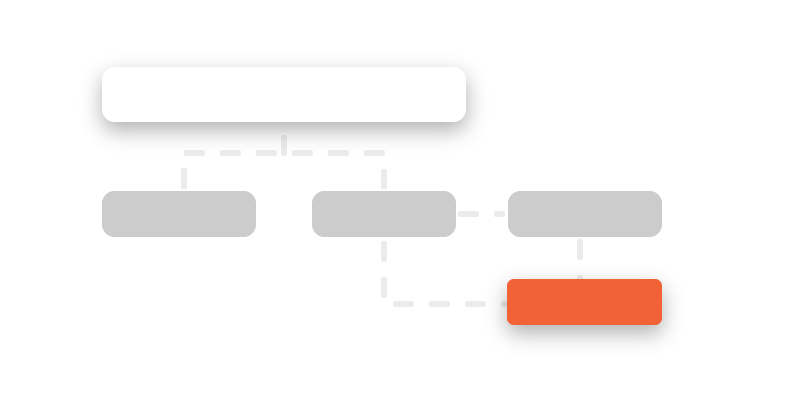
Anticipation
It involves systematic thinking about any known, likely, plausible, and possible implications of research, innovation, policy, action.
Its approaches include foresight, technology assessment, horizon scanning, scenarios, vision assessment, etc.
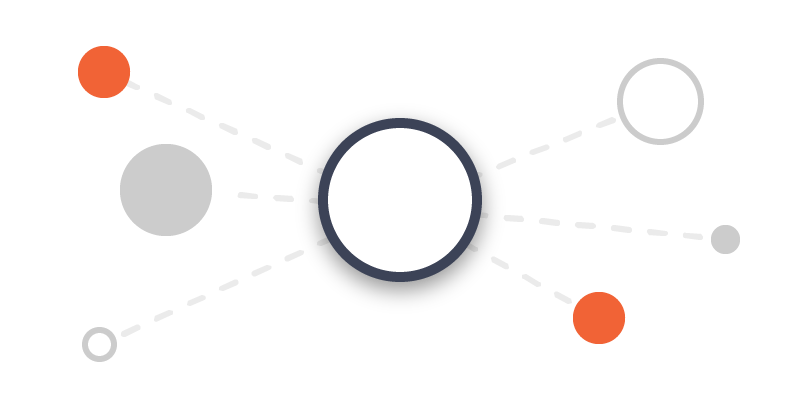
Inclusiveness
It deals with the integration of perspectives from a wide range of societal actors (including non-organised and non-institutionalised citizens and community groups) and their involvement in multi-stage co-creation processes in a wide range of policy areas.
This can be done through citizens’ panels, focus groups, science shops, mapping, polling, expert bodies, open innovation, etc.
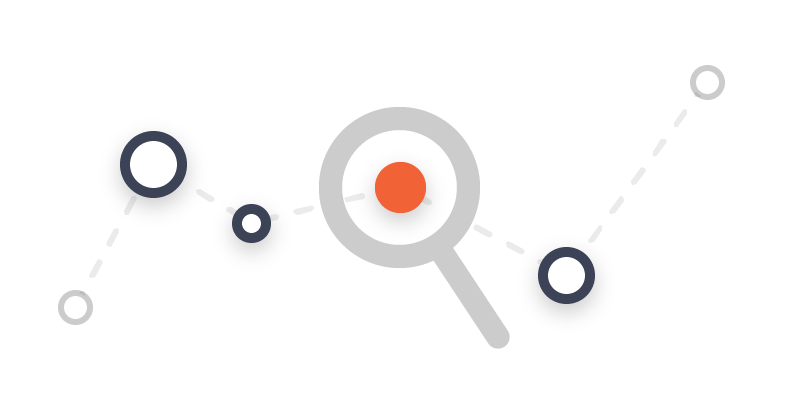
Reflexivity
It means to critically scrutinise one’s own activities, commitments, and assumptions, and to be aware of the limits of your knowledge. It implies a reflection about societal circumstances to reassess practices and adjust initiatives.
Multidisciplinary collaboration and training, participation of social scientists and ethicists in laboratories, ethical technology assessments, institutional codes of conduct, moratoriums both in R&I and governance, are some of the possible approaches to induce reflexivity.
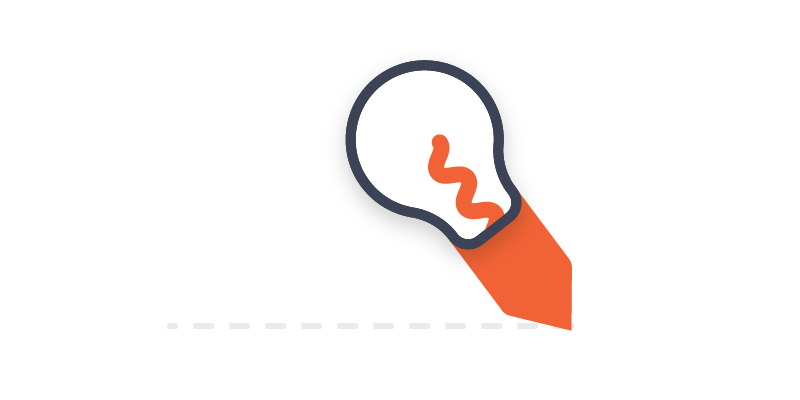
Responsiveness
It alludes to the capacity to change the shape or direction of one’s action (in research, innovation, governance) in order to meet the needs and expectations of stakeholders and the society, especially in the light of new knowledge, perspectives, views and norms that emerge during the process.
Responsiveness can be formalised in regulations and standards, enhanced through open access and other mechanisms of transparency, and embedded in cultures, discourses and structures that promote and support the participation of citizens in the processes of decision- and policymaking, implementation, monitoring and evaluation.
